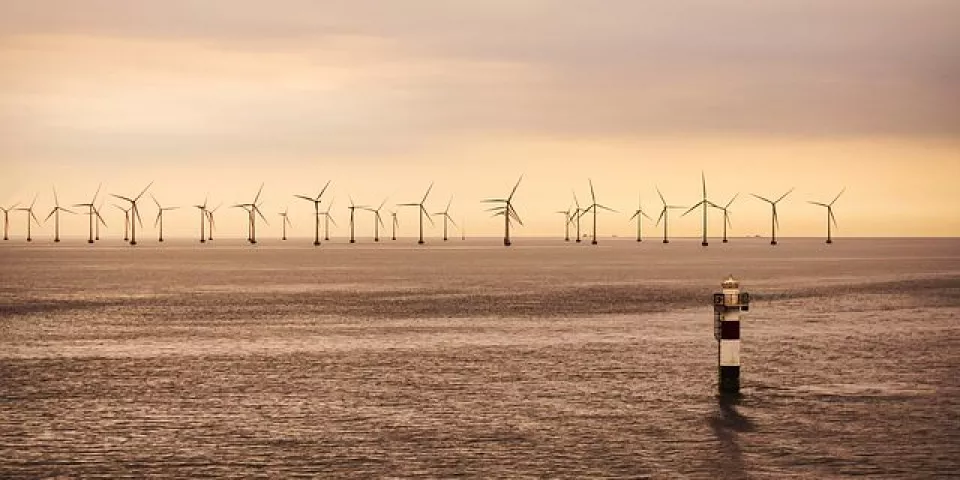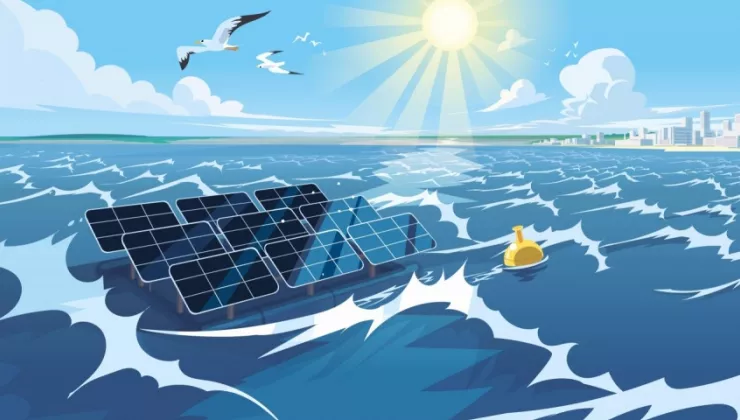Deep dive on energy islands at G-STIC Dubai
IMany countries around the world are planning to construct energy islands. But do we really need them and can they contribute to a sustainable blue economy? Find out in our deep dive.
Although artificial islands have long been the subject of many controversies, they are now often put forward as an important aspect of the transition to a carbon-neutral economy. Artificial blue-green energy islands can serve as energy hubs that provide energy to various communities and countries.
Floating islands and renewable energy may ensure that everyone has access to reliable and sustainable modern energy. In addition, they can also play a supporting role in the establishment of strong partnerships and facilitating connections in various sectors.
Blue Cluster will elaborate on this topic on 18 January during a deep dive at G-STIC Dubai 2022. The focus of the session will be on what is already possible and what may be possible in the future. The following questions will be addressed during the session:
- Why and how will Belgium build its energy island?
- What is the concept behind the Danish offshore energy hub?
- What are the differences with natural islands?
- The speakers below have already confirmed they will attend:
- Tinne Van der Straeten, Federal Minister of Energy
- An Stroobandt, Deputy Head of the Cabinet of the Federal Ministry of Energy
- Jan Cornillie, Head of Strategy & Policy at 3E
- Michael Ertmann, Associate Partner at Copenhagen Infrastructure Partners
- Alexander D'Hooghe, Founding Partner at ORG Permanent Modernity

Practical information
The deep dive takes place on 18 January from 10 am to 12 noon. You can follow the session online on the G-STIC website. Prior registration is not required.
About G-STIC Dubai
G-STIC (Global Sustainable Technology & Innovation Community) annually organises a series of international conferences on technological innovations that can help achieve the United Nations’ Sustainable Development Goals. The fifth edition takes place in Dubai and is organised in two separate parts. The second part is scheduled for January 2022.


